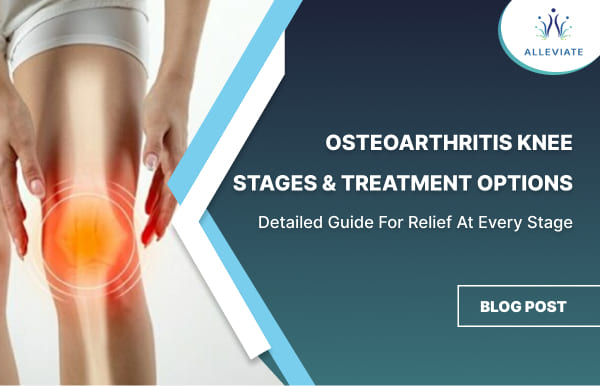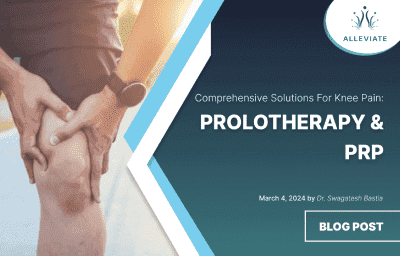
MCL & LCL Tear
- Home
- Conditions
- Knee pain
- MCL & LCL Tear
What are the MCL and LCL Ligaments?
The Medial Collateral Ligament (MCL) and the Lateral Collateral Ligament (PCL) are ligaments in the knee that work jointly to provide support and stability to the knee. The MCL and LCL ligaments are two of the four major ligaments in your knee. The other two ligaments are the ACL and PCL Ligaments (Anterior Cruciate Ligament & Posterior Cruciate Ligaments).
Treatment for MCL & LCL Tear

The MCL is located along the inside of the knee and connects the femur to the tibia. The MCL is responsible for keeping the knee from bending out.
The LCL runs along the outside of the knee and connects the femur to the fibula.
The LCL stops the knee from bending in.
Watch a video on the Anatomy of The Knee.
FAQ'S
- The MCL is the ligament located on the inside of your knee joint. It links your thighbone (femur) and shinbone (tibia).
- The LCL is the ligament located on the outside of your knee linking the thighbone and calf bone (fibula).
MCL and LCL sprain causes
The two most common causes of MCL sprains are when:
- A player applies force to the outside side of your knee during contact sports, such as football and soccer.
You catch your foot in the ground and try to turn to the side, away from the planted leg. - An LCL sprain can occur if a player applies force to the inside of your knee during contact sports.
MCL and LCL sprain risk factors
You increase your risk of an MCL or LCL sprain if you play contact sports, like football or soccer.
- Pain at the sides of your knee. If there is an MCL injury, the pain is on the inside of the knee; an LCL injury may cause pain on the outside of the knee.
- Swelling over the site of the injury.
- Instability — the feeling that your knee is giving way.
- Treatment for minor MCL or LCL Sprains usually includes the RICE Method: Rest, Ice, Compression and Elevation. Physical Therapy and stretching exercises can also be helpful for strengthening of the ligaments and prevention of a future injury.
- Not all MCL or LCL Tears require surgery. While at times, surgery may be necessary; non-surgical treatment for MCL and LCL Tears may also include PRP Injection, Physical Therapy, Pain Management, stabilization, and strengthening and motion exercises.
- At Alleviate, personalized treatment plans for knee injuries or sports injuries are designed for each individual patient by our expert staff.
Video Spotlight
Blog
Surgery-Free Solutions
Expert Tips for Pain Management
Testimonials
Words From Our Patients
The treatment was very good and the doctor Faraz Ahmed was very kind to the patient and explained clearly the procedure of knee bilateral ha & treatment And we were advised to do physiotherapy. We are very much satisfied. We would recommend this alleviate pain clinic. Thank you
Got treatment of Treatment and HA for right knee arthritis a month ago and finding good relief from pain. Was treated by Dr Swagtesh Bastia who explained very well about the injections and the treatment was painless. The front desk staff were very kind and very helpful and physiotherapy was also done expertly, overall good experience
Alleviate Pain Management clinic has been a godsend for my mom's knee pain. She has been treated by Dr. Wiquar Ahmed. The attentive staff provided personalised care, and after her treatment, she's feeling remarkably better. Thank you for giving my mom the relief she deserves!
The clinic is super clean with a great OT and most importantly all the staff here are very helpful and considerate. My gratitude to Dr Roshan, the nurses, and support staff - they were always available to assist with any issues post procedure and they even made an extra effort to make a home visit for a follow up check-up. This team here is the perfect example of healing and care with a human touch. Thank you!!!!!
My wife had knee pain I have visited alleviate pain and consulted doc santhoshi now she is able to walk pain free and can do her daily activity than before.the physiotherapist here Dr akhila also helped her with few exercises and the staff here Abdul explained all the procedures well . Thank you PPL can visit here for pain relief







